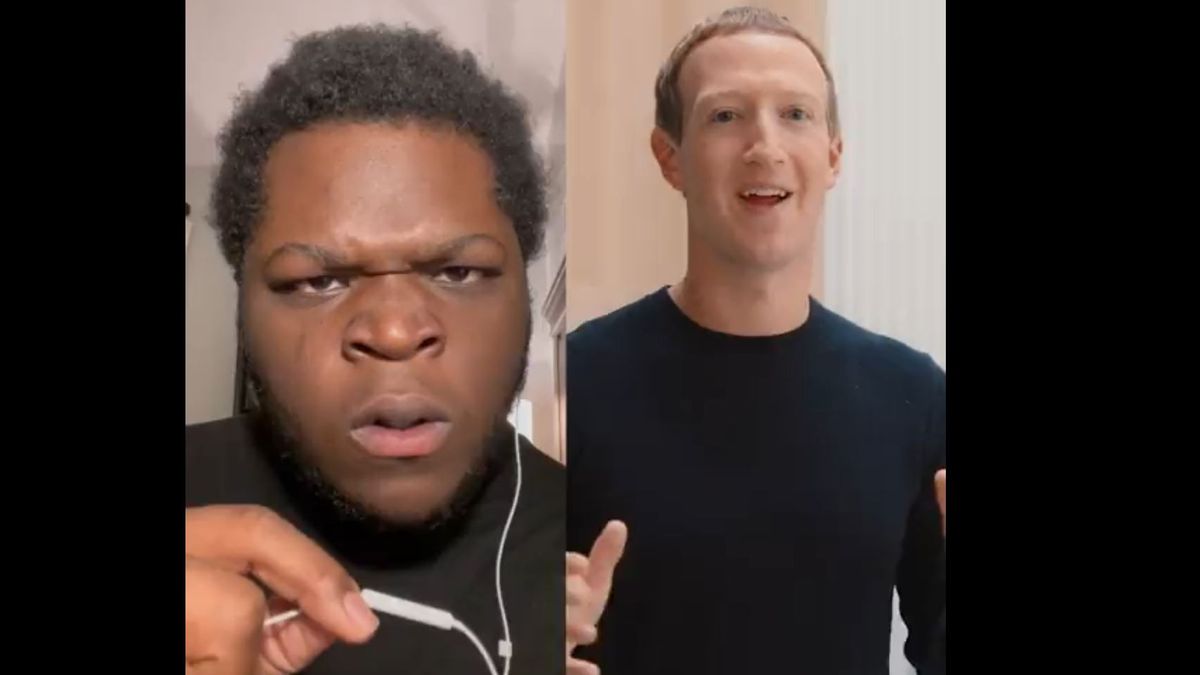JAKARTA – Another leak that includes an internal research document on Facebook has resurfaced. This latest piece of information explains how the company is allegedly well aware of the rampant stolen content issue on its platform. Even Facebook let it slide to avoid getting into legal trouble.
Facebook has set aside raised content issues for a while, and this lax oversight approach has also paved the way for widespread misinformation on the platform.
About a year ago, Facebook began removing accounts that spread the QAnon conspiracy theory and also outlined steps to curb misinformation. However, experts argue that these remedial measures are too late and the damage may have been done.
Earlier this year, the company disclosed work on an AI-based system that it said could help tackle the problem of deepfakes by tracking down their creators. But the core issue remains a reliance on automated systems and a reluctance to hire more human moderators to keep an eye on problematic content and take necessary action in a timely manner.
As per a report by The Wall Street Journal, Facebook Pages that share stolen or plagiarized content account for 40 percent of the net traffic to those public profiles. The researchers behind the problematic findings revealed that Facebook did not take the necessary steps to stop the spread of stolen content despite having strict policies around it, fearing it would expose the company to legal liability.
The researchers note that the easiest way to create a Facebook Page with a lot of followers is to copy and reuse content that was originally published elsewhere. This divisive approach actually allows bad actors — both domestic and foreign — to spread false information and controversial content on the platform.
A recent report claimed that researchers were developing ways to reduce COVID-19-related misinformation by about 40 percent, but CEO Mark Zuckerberg allegedly dropped the proposal.
The company's findings alone testify to the popularity of copied or recycled content, as 15 of the top 20 performing posts on Facebook were plagiarized, reused, or sourced from other platforms like Twitter or Reddit at one point.
Facebook's internal research calls the plagiarism process "artificial virality," and the presence of such sensational content actually plays a role in suppressing legitimate content by news outlets and other trusted sources, according to internal research.
SEE ALSO:
Facebook is reportedly not as proactive as rival content platforms like YouTube in tackling plagiarism, as the company is allegedly wary of the Digital Millennium Copyright Act.
Employees familiar with policies around such content reportedly feel that Facebook's plagiarism penalties are not severe enough to make a meaningful impact. The reason is that the platform prefers to stop the distribution of the content rather than delete it.
The picture around plagiarized or reused content is no different in the case of the “Widely Viewed Content Report” that the company now renamed Meta, released for the Q3 2021 period earlier this week, according to an analysis by The Wall Street Journal.
One of the researchers proposed a solution in the form of reducing the reach of pages that post unoriginal content to gain more followers. But the proposal was reportedly "prioritized" after it was raised during a meeting with Mark Zuckerberg who was present.
Facebook whistleblower Frances Haugen recently called for Mark Zuckerberg to step down from his leadership position, and pointed out that the company would be stronger under different leadership.
The English, Chinese, Japanese, Arabic, and French versions are automatically generated by the AI. So there may still be inaccuracies in translating, please always see Indonesian as our main language. (system supported by DigitalSiber.id)


















